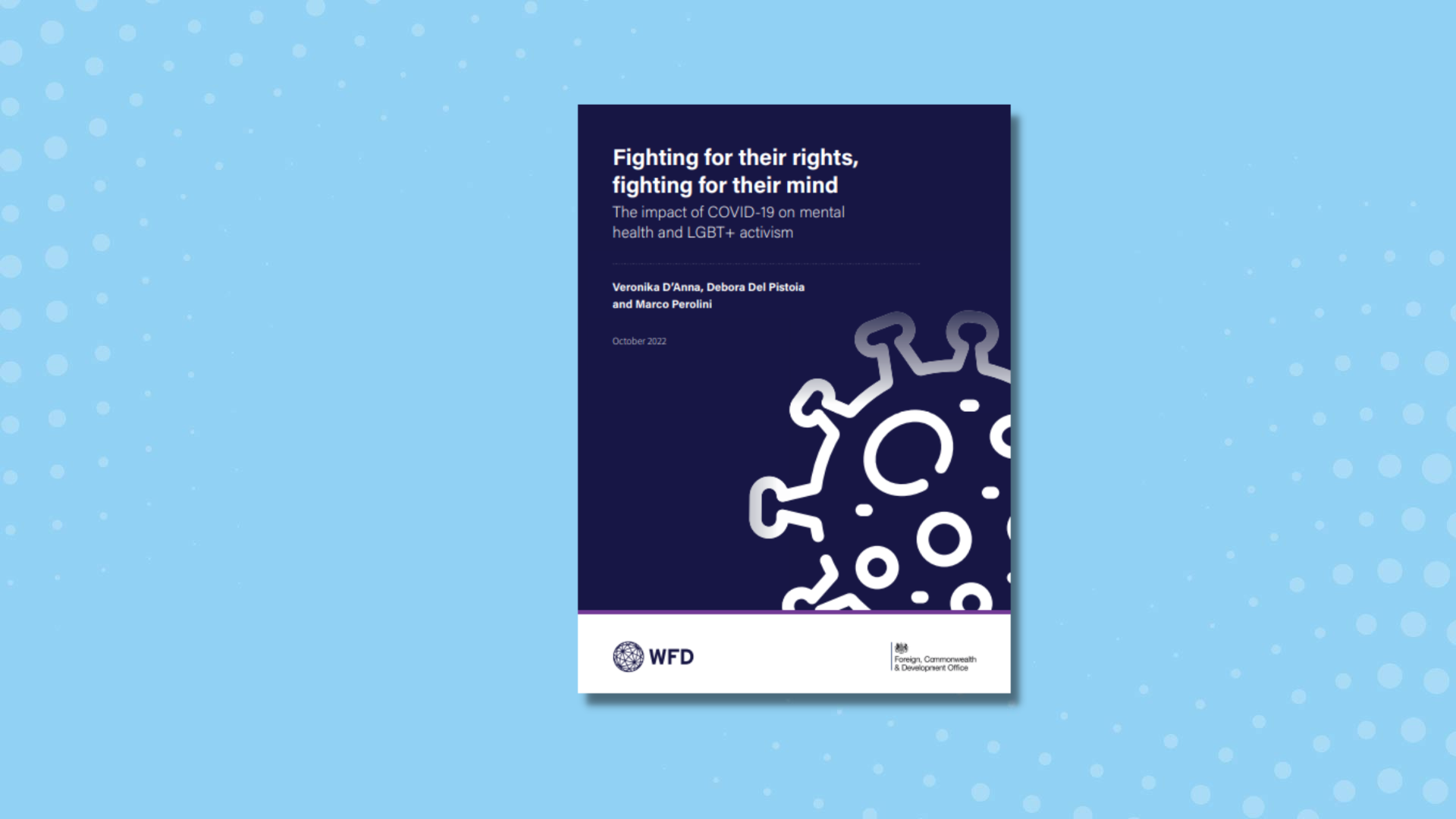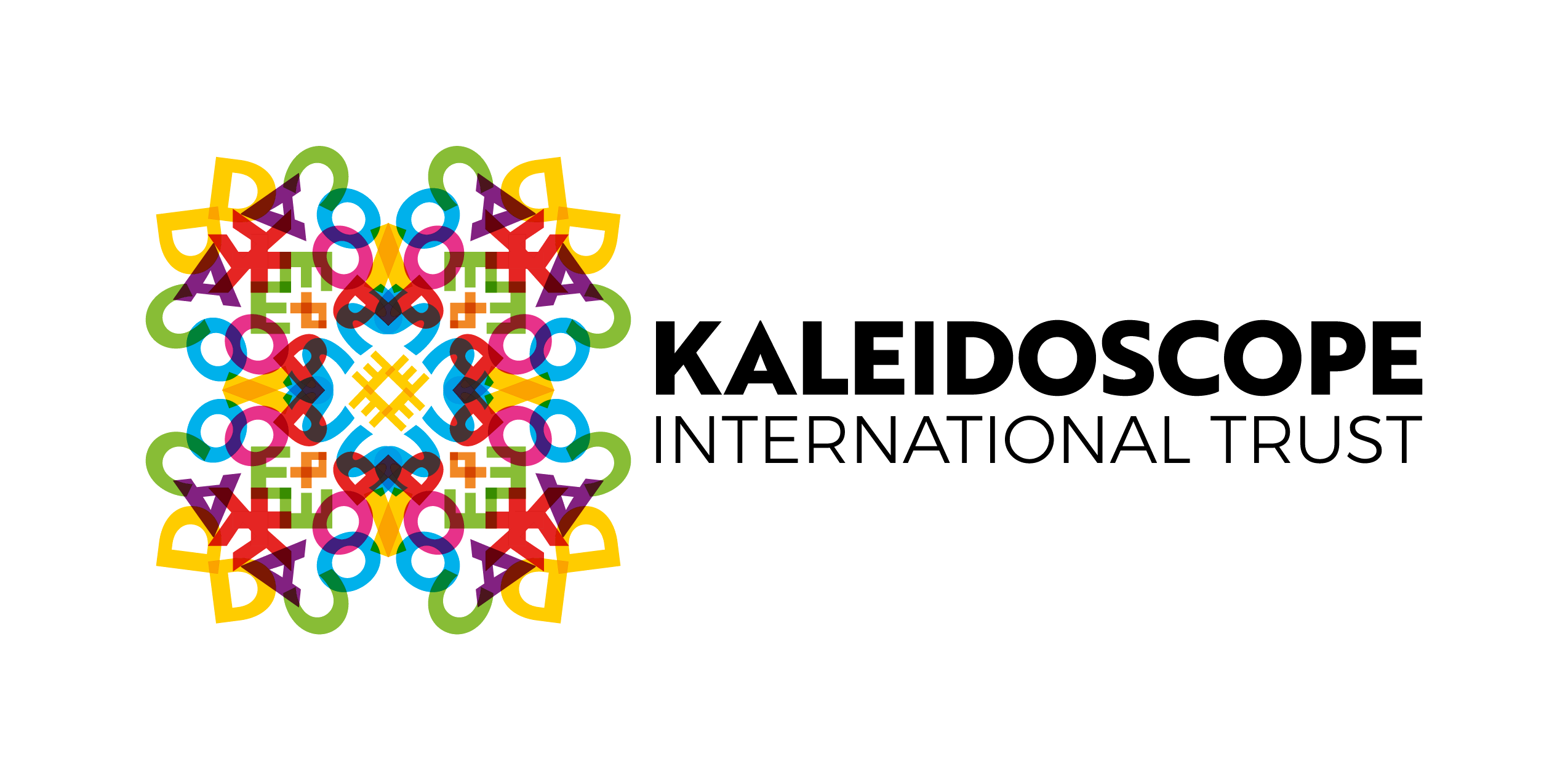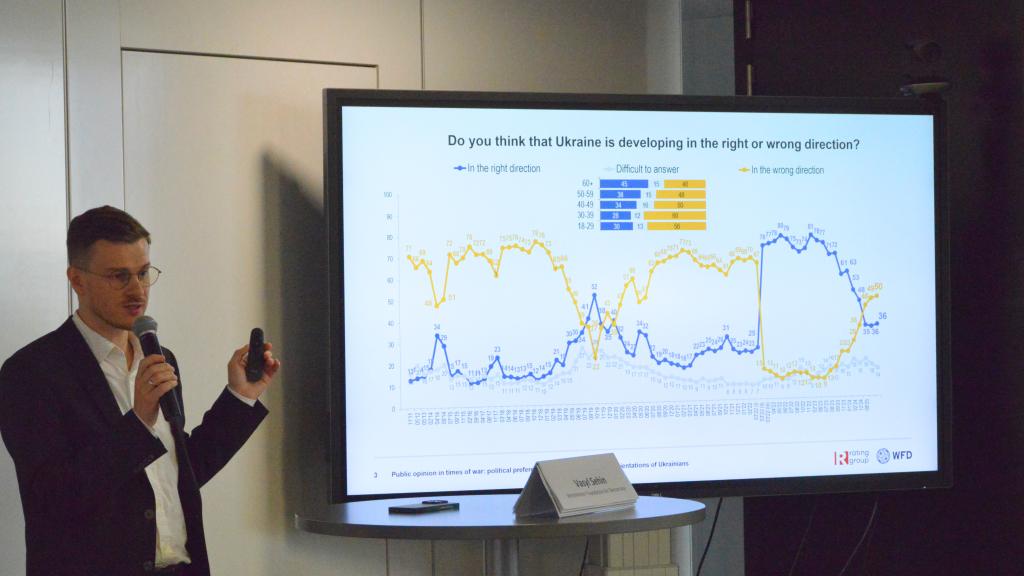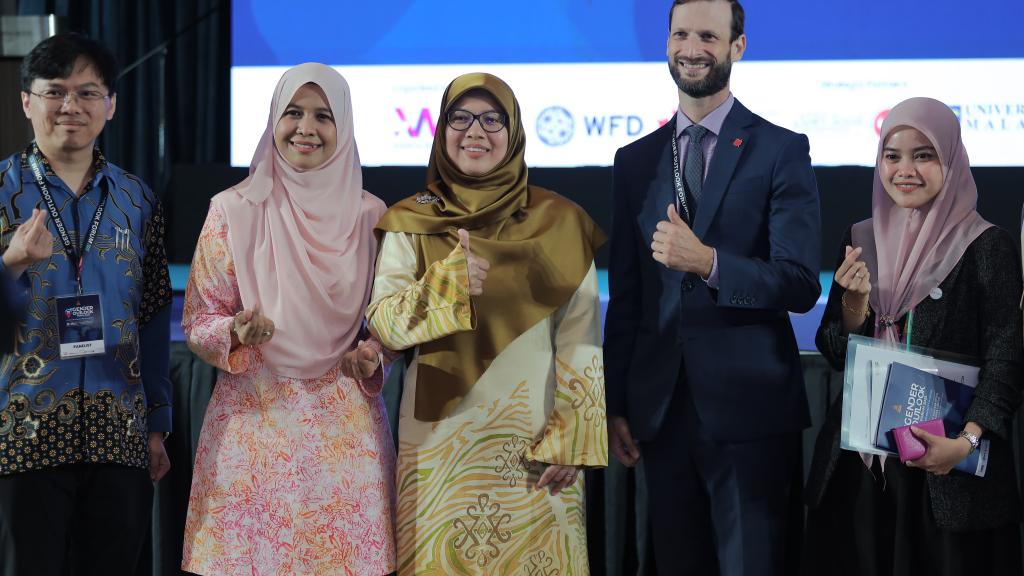The COVID-19 pandemic has taken a toll on mental health worldwide. High mortality rates, unknown aspects of the virus, as well as strict public health measures, have led to a surge of anxiety, depression and/or substance misuse.
While the pandemic has negatively impacted the lives of everyone, marginalised groups have borne a higher cost. Indeed, the pandemic has magnified pre-existing discrimination, violence, oppression, as well as social stigma and economic hardship, faced by LGBT+ people.
Many governments have discriminated against LGBT+ people while implementing public health measures. Leaders have, for example, blamed LGBT+ people for spreading the virus; police have harassed, ill-treated and arbitrarily arrested LGBT+ people for alleged violations of public health measures.
LGBT+ youth often spent extended periods in hostile households; restrictions on freedom of movement severed or compromised their ties with friends and peers, as well as access to support mechanisms. Therefore, LGBT+ people experienced higher levels of anxiety and depression than their cisgender and heterosexual peers during the pandemic. Their mental health needs remained unmet as the pandemic disrupted crucial mental health services, such as counselling and psychotherapy, precisely when they desperately needed them.
Other mental health support mechanisms, such as those provided by LGBT+ organisations, also faced disruptions. Many LGBT+ organisations struggled to access any funding during the pandemic, which, in turn, restricted their capacity to offer services and support. LGBT+ activists often felt stressed and anxious because of their inability to fully respond to the dire needs of their communities.
Understanding the positive impact that activism has on the mental health and wellbeing of LGBT+ people, who often experience poor mental health because of discrimination, is crucial not only for fulfilling the right to the highest attainable standard of health, but also for ensuring that LGBT+ organisations are adequately funded, and mental health is given priority in the post-pandemic recovery.
This study focuses on the impact of the COVID-19 pandemic on LGBT+ activists, as well as on the dynamics and spaces of their activism. By investigating the experiences of LGBT+ activists and organisations during the pandemic, it identifies specific recommendations for policymakers to ensure that mental health services are of good quality, and are available, accessible, and affordable to everyone without any discrimination.
Moreover, this report calls on governments, international institutions and other stakeholders to ensure that the negative mental health outcomes of LGBT+ people and activists are adequately prioritised and addressed in the post-pandemic recovery.






